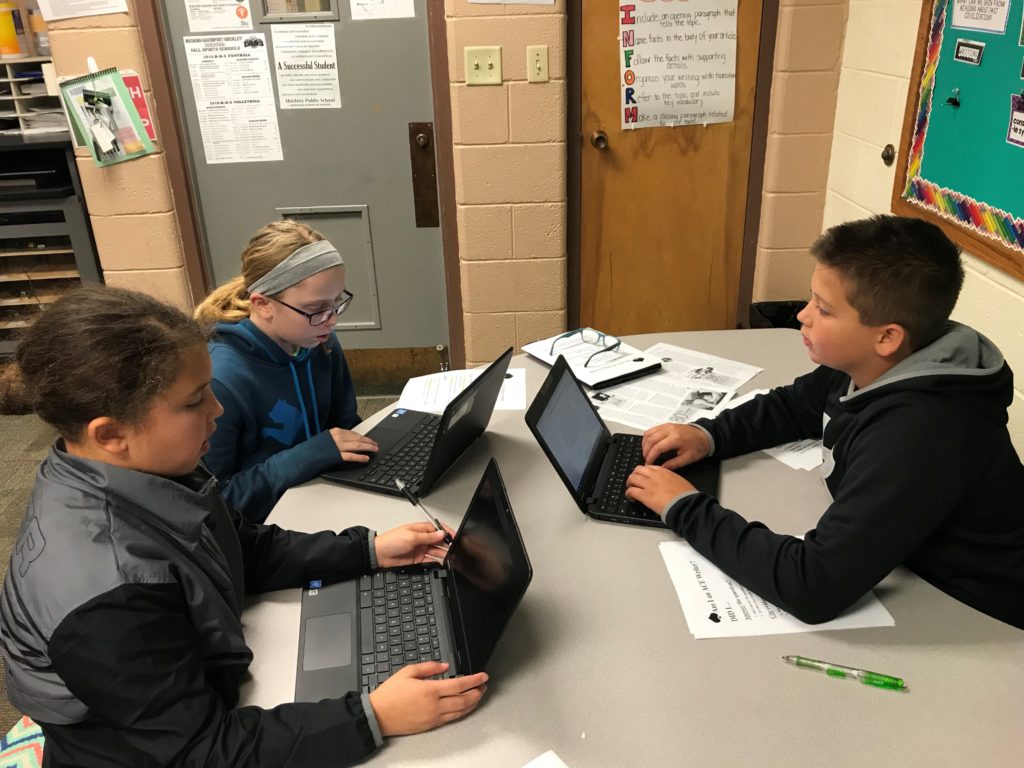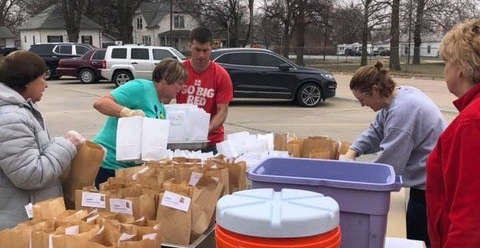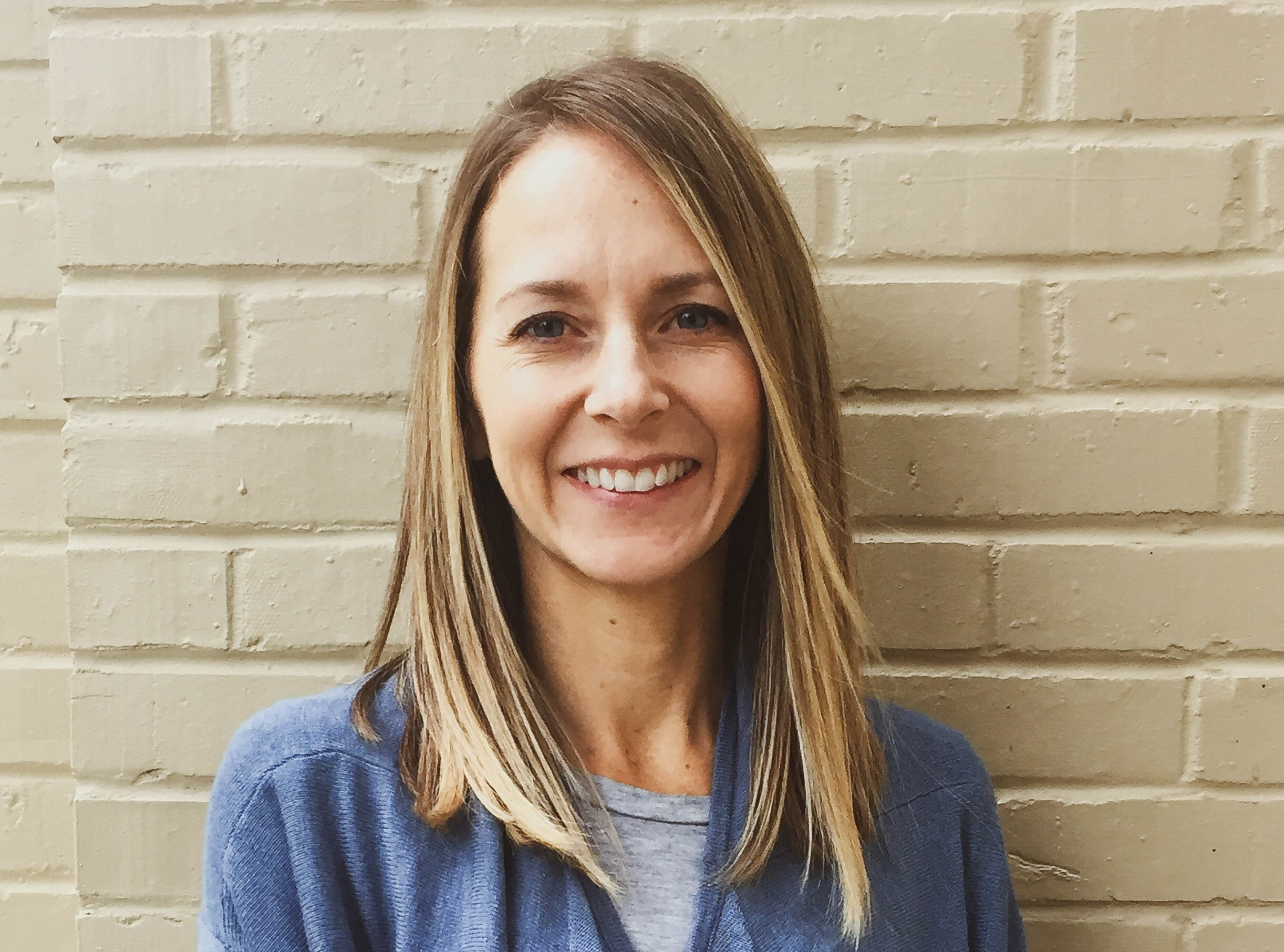
“Seven in ten teachers assign homework that requires access to broadband, but one in three households do not subscribe to broadband service. Where those numbers overlap is a new digital divide – call it the homework gap” stated Jessica Rosenworcel of the Federal Communications Commission in 2016.
With that statement Rosenworcel coined the term. She describes the homework gap as the cruelest part of the digital divide. Throngs of educators and public policy makers agree with her.
The homework gap refers to the difficulty students experience completing homework remotely. Some of the most common causes are:
- Lack of access to a high-speed internet connection at home
- Prohibitive cost of a high-speed internet service at home
- Lack of access to properly equipped device to use at home
As more and more schoolwork, especially homework, has moved online in the past five years, the educational discrepancy between students with technology at their fingertips at home and those who lack access has grown dramatically.
Importantly, this problem existed long before we found ourselves in the midst of a global pandemic. Since mid-March, every public-school student in Nebraska has moved to remote learning from home. Students are learning via platforms like Zoom and YouTube. Assignments are administered online. Communication with teachers has gone virtual. COVID-19 has widened the homework gap into a whole new realm of complexity and challenge.
Beyond the challenges listed above (access, affordability, equipment), COVID-19 has created new ones. Some schools do not have enough devices to lend to students who do not have them at home. Some teachers (and schools) are having trouble moving all aspects of learning to an online, distance learning platform. Some are having trouble providing instruction in a multi-lingual format. Some are experiencing difficulty with delivering instruction and services to students with disabilities.
Additionally, many families are facing new financial challenges as a result of lost jobs and a weakening economy. As new stresses are compounding on Nebraska families, our children are also feeling the weight of our new reality.
For each of these issues, there are a variety of solutions. In some communities, investments (by schools and donors) have been made to provide every student with a properly equipped device. Teachers across the state are cooperating and sharing best practices for providing online instruction. Some internet service providers are providing free or deeply discounted access during the COVID-19 pandemic. Some schools are providing mobile hotspots to students. Some communities are helping low-income residents with utility bills, which may include internet access. Some schools are providing each student a packet of work, usually picked up and dropped off at school by a parent every few days.
Efforts to create equity among all Nebraska students are underway, but probably still many years off. Federal and state governments will have to take on a significant leadership role to achieve access for all. In the interim, there are steps that can be taken at the community level to bridge elements of the homework gap.
Through the generosity of an anonymous donor and the Alice DeVoe Donor-Advised Fund, an affiliated fund of Nebraska Community Foundation, an opportunity has taken shape for other affiliated funds in the NCF network. The Fund is offering grants of $5,000 to $20,000 to be matched 1:1 with local philanthropic resources for the purpose of narrowing the homework gap in Nebraska schools. Here are some important criteria and guidelines to keep in mind:
- The homework gap should be defined locally using a broad definition
- Applications must be completed by NCF affiliated funds for grants of $5,000 to $20,000
- Grants are to be matched 1:1 with local philanthropic resources (school district funds, in-kind donations or grants made previously do not count as match)
- Special preference will be given to proposals that focus on services to students with disabilities
- Special preference will be given to proposals that include school districts with a free and reduced lunch rate at or above the statewide average
- Monies are to be granted during 2020
- APPLICATION DEADLINE: 5:00PM MAY 1, 2020
Based on the experiences of Nebraska Community Foundation over the past 25 years, we believe this community-centric philanthropic approach could lead to numerous innovative local solutions not mentioned here or even thought of to date. And we are optimistic this approach will help to mobilize local leadership to take on and solve this issue with more context, confidence and courage.
For more information contact:
Steve Brewster, 402.340.9937, sbrewster@nebcommfound.org
Kristine Gale, 402.822.0466, kgale@nebcommfound.org



